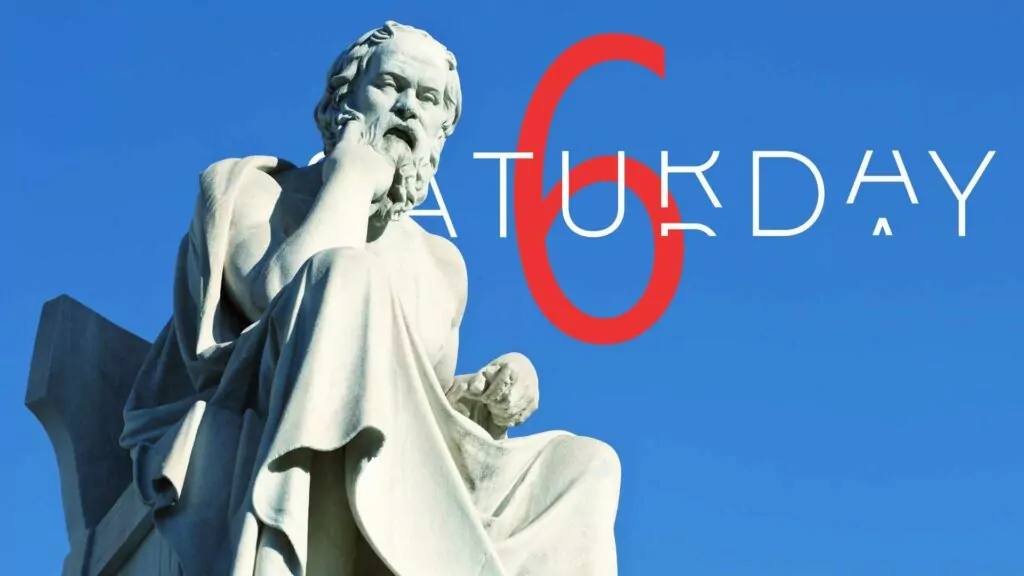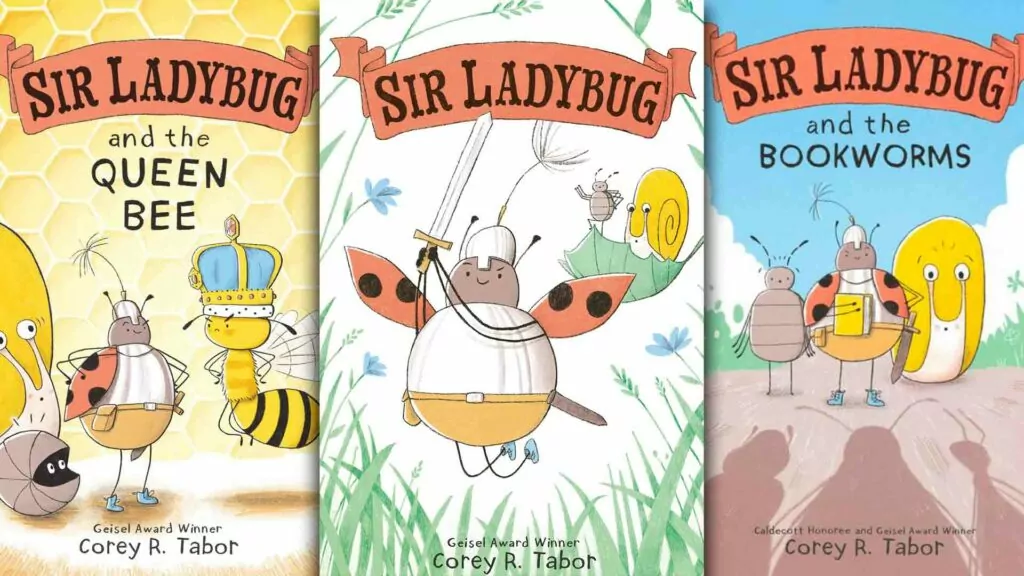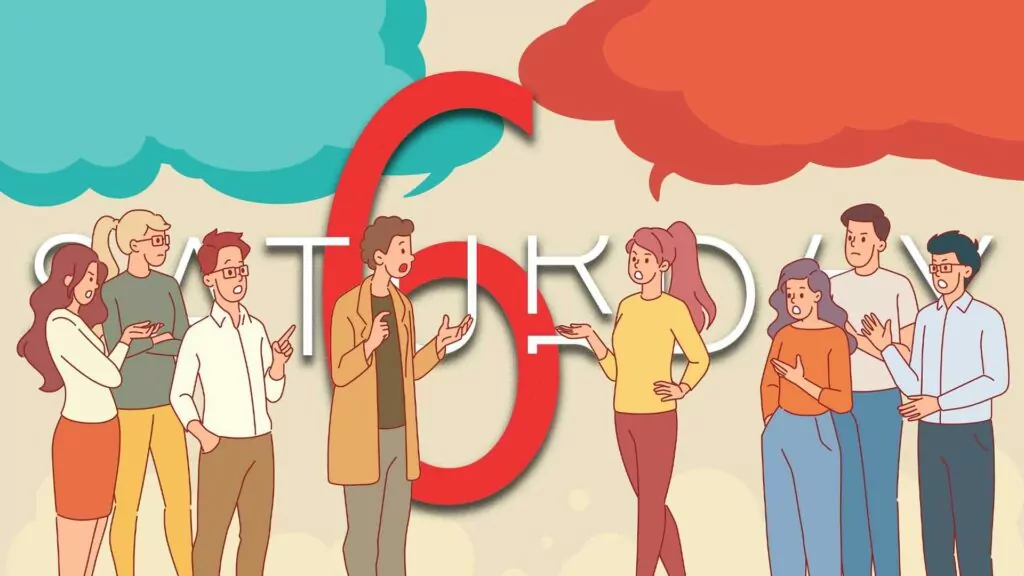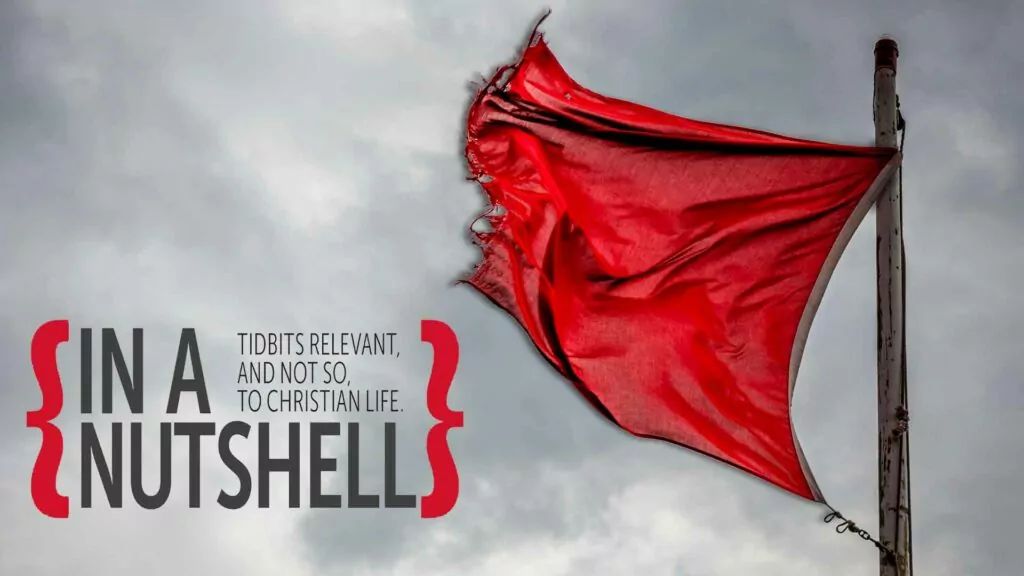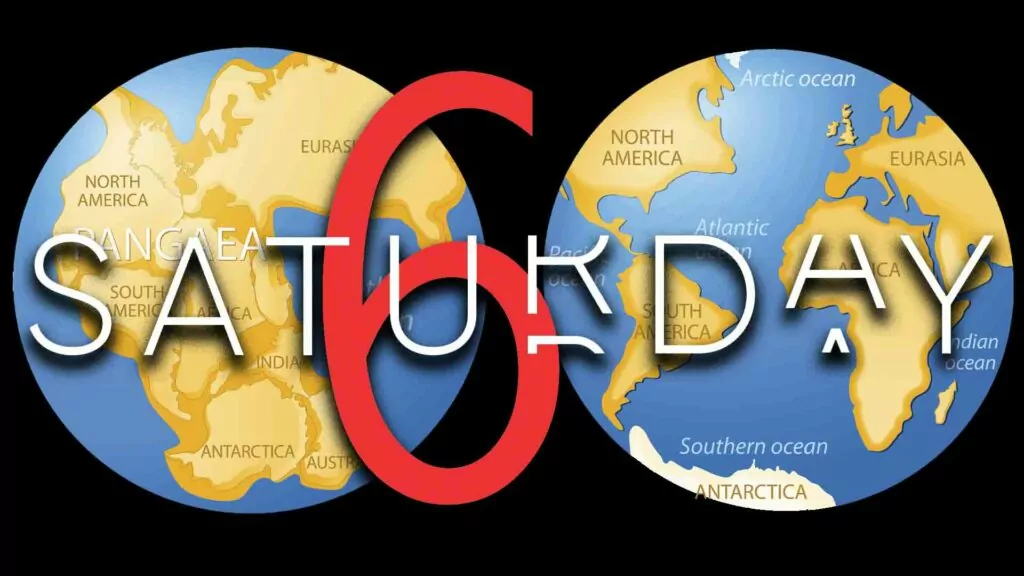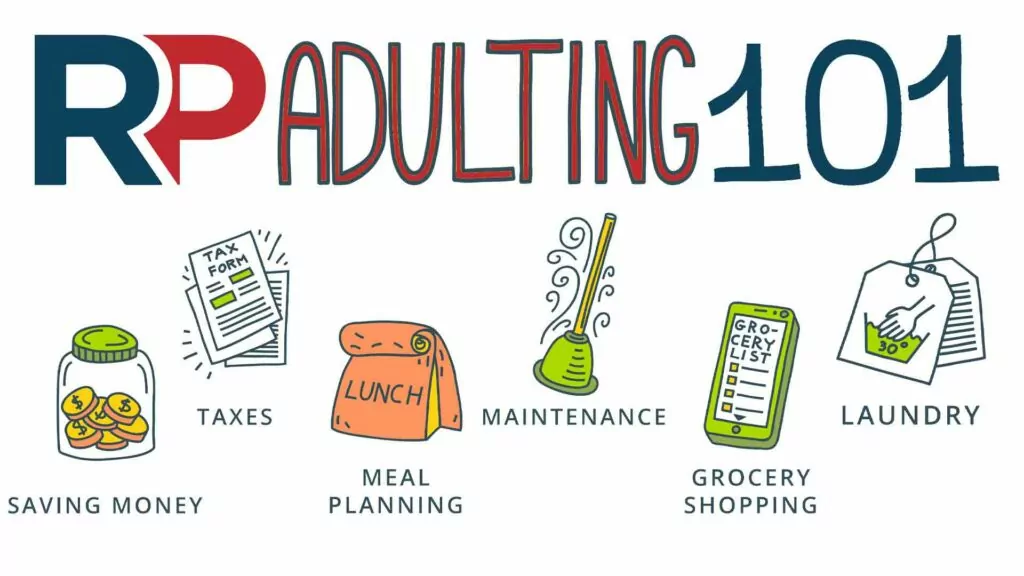Tidbits – December 2024
Red flags apply to politics too
John Piper thinks that deciding who you are going to vote for is a lot like picking out a potential spouse. In both cases, you have to decide what will and will not disqualify a candidate. Or as he puts it: “not liking cats would not have disqualified a woman as my wife, but not liking people would. Drinking coffee would not, but drinking whiskey would. Kissing dogs wouldn’t, but kissing the mailman would. And so on.”
The same holds true in politics. Before we vote we have to ask ourselves what issues matter enough to us to disqualify any candidate who holds a differing stand. To quote Piper again:
"....there are numerous single issues that disqualify a person from public office. For example, any candidate who endorsed bribery as a form of government efficiency would be disqualified, no matter what his party or platform was. Or a person who endorsed corporate fraud (say under $50 million) would be disqualified no matter what else he endorsed. Or a person who said that no black people could hold office—on that single issue alone he would be unfit for office. Or a person who said that rape is only a misdemeanor – that single issue would end his political career. These examples could go on and on. Everybody knows a single issue that for them would disqualify a candidate for office."
There are, of course, no perfect candidates. But there is imperfect and then there is wicked, and we all know there is a line we need to draw. So a candidate who wants to waste tax dollars on an Olympic bid might still get my support, but if he's racist, wants to indoctrinate children into the LGBT lifestyle, or wants mothers to continue to be able to kill their unborn children, then he isn’t getting my vote.
Some Christians refuse to vote for pro-life candidates because they say that it is silly to vote based on just one issue. True enough: just because someone is pro-life doesn’t mean they will know what to do about foreign affairs, Indigenous treaties, or problems with unemployment and homelessness. A candidate’s stand on one issue, even if it is a stand against abortion, is never enough to qualify him for office. However, a candidate’s stand on just one issue can certainly be enough to disqualify him. Being able to make the trains run on time means nothing if the candidate also supports mass murder.
Source: “Single-issue politics” World, Nov. 4, 2000
Annie Wilson's Red Flag
Top 10 pro-life slogans
As seen here, there, and everywhere across the Internet:
Life – the choice of the next generation
Pro-woman, Pro-child, Pro-life
She’s a child…not a choice.
Abortion is legal. So was slavery.
Thanks Mom! I got born!
It’s a wrong, not a right – stop abortion now
Abortion doesn’t make you “un”pregnant; it makes you the mother of a dead baby.
Life begins at conception…and ends at Planned Parenthood
Abortion stops a beating heart
Choice before the act, not after the fact.
What Jordan Peterson gets right
As the headline of Brad East's Christianity Today article put it, "Jordan Peterson loves God's Word. But what about God?" The Canadian psychologist is as famous for the stand he took against compelled speech – he refused to be forced into calling male students by "preferred pronouns" – as he is for his passion for God's Word. There's reason to hope he might someday become Christian, but he isn't there yet. But why, then, does much of what he says and write have an appeal to Christians? Brad East has thoughts on that too.
"About a decade ago, a friend of mine mentioned a series of videos about the Bible he’d discovered online. It was by an obscure Canadian academic whom neither of us knew. My friend had been raised evangelical and remained a Christian, but after watching, he asked me a question he’s repeated many times since: 'Why didn’t anyone ever tell me the Bible is interesting?'
"....An odd ally for Christians, in other words, at least at first glance. Yet my Christian friend found Peterson a breath of fresh air. The reason, I’ve come to see, is simple. Peterson was speaking about the Bible as if it were the most important thing in the world, as if the stakes were a matter of life and death, as if the stories and themes of Scripture demanded an immediate existential decision on the part of everyone who encountered them. My friend was familiar with old-time religion. He wasn’t familiar with this."
There is a question apologist Del Tackett asks, along the lines of "Do you really believe that what you believe is really real?" Any time our actions don't match our profession, then the answer is plain, no, we don't really believe what we say we believe... or we'd act differently. I'm not suggesting everyone (or anyone) go out and buy Peterson's books, but in one big way there is something we can learn from this yet-to-be-Christian – his kind of enthusiasm is what it looks like to love God's Word!
Quote of the month
“Sports don’t teach character; sports reveal character.” – John Wooden
Two cults and a Christian
In the predominantly Mormon town of Cardston, Alberta, a certain Dave De Haan used to go door-to-door asking people if they would like to learn about Jesus Christ. This well-dressed man was hardly the only person going door-to-door in Cardston, but while most of the others were Jehovah’s Witnesses (yup, JW’s love to try and recruit Mormons!) Dave was different – he’s Christian.
One of Dave’s favorite door-to-door stories is of the time one of the town’s higher-ranking Mormons pulled him into his house. After hustling Dave into the kitchen, the Mormon elder confessed that he had been seriously examining the Bible lately and was starting to doubt his Mormon faith. And now he wanted to ask Dave some questions about Christianity. “That’s great!” Dave exclaimed, “Go grab your Bible, and we’ll talk.” The elder disappeared and then reappeared a moment later with his New World Translation of the Holy Scriptures. It turns out this Mormon took his first steps from Mormonism to Christianity using a Jehovah’s Witnesses translation of the Bible!
God can even use two cults to make a Christian.
Source: a speech by Dave De Haan on February 2, 2002 at Missions Fest 2002
If you don’t have grace…
Sometimes, we may take Jesus’ saving grace for granted. An excerpt from the Talmud of Jerusalem describes what life is like for those who do not rely on Jesus as Mediator and Savior.
"When Rabbi Jochanan was close to death his students came and visited him. When he saw them all he burst into tears.
“'Rabbi!' they exclaimed, 'Light of Israel! Our chief pillar! Why are you weeping?'
"The Rabbi answered, 'Were I to be brought before a king of flesh and blood, who is here today and tomorrow in the grave; who may be angry with me, but not forever; who may imprison me, but not forever; who may kill me, but only for this world; whom I may sometimes bribe; even then I would be afraid. But now, I am to appear before the King of kings, the Most Holy One, blessed be He who lives through all eternity. If He is angry, it is forever; if He imprisons me, it is forever; if He slays me, it is for the future world; and I can bribe Him with neither words nor money. So now, on my deathbed, two paths are before me, one leading to punishment, the other to reward, and I don’t know which path He will have me travel. Should I not weep?'”
Good questions
Folks on the Internet want to know:
Why don’t they just use the fattest man in the world for a hockey goalie?
How do you get off a non-stop flight?
Why don’t you ever see the headline "Psychic Wins Lottery"?
How do you throw away a garbage can?
Why do ballet dancers dance on their toes? Why doesn’t the company just hire taller dancers?
How does the guy who drives the snowplow get to work in the mornings?
Why isn't there a mouse-flavored cat food?
How do you know when you've run out of invisible ink?
Why is it called lipstick if you can still move your lips?
The lazy man’s guide to getting fit
If you’re considering a New Year's resolution to rid yourself of some excess baggage but think exercise is just too painful, then the latest, greatest fitness craze might be just the thing for you and me. We’ll still have to exercise – there’s no avoiding it – but with this program, it’s unlikely we’ll feel pain.
The key is starting off slowly, very slowly – the first day you exercise only 1 minute. The next day you increase that by 30 seconds, and then continue adding 30 seconds each day. In a month, you’ll be up to 15 minutes! Missed a day? No worries. Just resume the next day using the same length of time you used in your last day. If you miss 3 or more days in a row, you may have to lower your time by 30 seconds or a minute when you resume, because your fitness level will have dropped a bit.
Most people start exercising with the best of intentions, and with a very vigorous first workout. Then the next day they are so stiff they have to take a day off. The slow start in this “lazy man’s exercise program” will help you avoid all those aches and pains, and will allow you to get into the habit of exercising regularly. It’s a pretty simple program, but that’s the beauty of it.
English is a weird language
People on the Internet also want to know this:
Why does the word monosyllabic have five syllables?
If poli means many, and tics are blood-sucking creatures, then what does politics really mean?
Why do the words loosen and unloosen mean the same thing?
Whose cruel idea was it to put an “s” in the word lisp?
Why is bra singular and panties plural?
How come the word one has a “w” sound in it, but the word two doesn't?
Why is abbreviation such a long word?
Why is it that when you send something by ship, it's called a cargo, and if you send something by car, it's called a shipment?
Turnabout is fair play
Can someone be pro-life and still be in favor of the death penalty?
Certainly. While abortion and the death penalty both involve killing a person, abortion involves the killing of someone who has committed no crime, while the death penalty involves the killing of a murderer. So, a pro-lifer who wants to stop the killing of the innocent unborn does not necessarily have to be against the killing of the guilty.
In fact, this question can be turned around and addressed to opponents of the death penalty. How can they be against the death penalty and not be against abortion – how can they be against the killing of the guilty and not be against the killing of the innocent?
Seeing hope in Hitler’s children
The late Nancy L. Harvey suffered from Crohn’s disease, or as she put it, she was a “gut cripple.” Totally dependent on a wheelchair and a portable machine, she still traveled extensively, and in 2001 went to Germany to do research on the pianist Werner Haas. It was there she met Hitler’s children – born in 1929, her German hosts were part of the generation that had grown up under the Nazi leader’s tutelage.
“But,” she writes, “my three hosts, Hitler’s children, taught to despise cripples like me, were not spiritually blind. They cared for me as if I were Christ himself – often touching my hand to see if I was cold, bringing me spring water for my dry mouth, continually replenishing the supply of toilet paper, carrying my IV bag and pump into churches and restaurants, setting up and taking down the wheelchair, parking the car on the sidewalk, kissing me every morning and evening, reaching out to caress my cheek. How could I be a life unworthy of Life when I could receive and return such love? Our hosts lifted up my spirits. If Hitler’s children could turn away from the evil teaching of the Third Reich and become such Christ-like people, surely there is hope, even in abortion-bloodied America, for the rest of us.”
Source: “Hitler’s children” The Human Life Review, Fall 2001...
